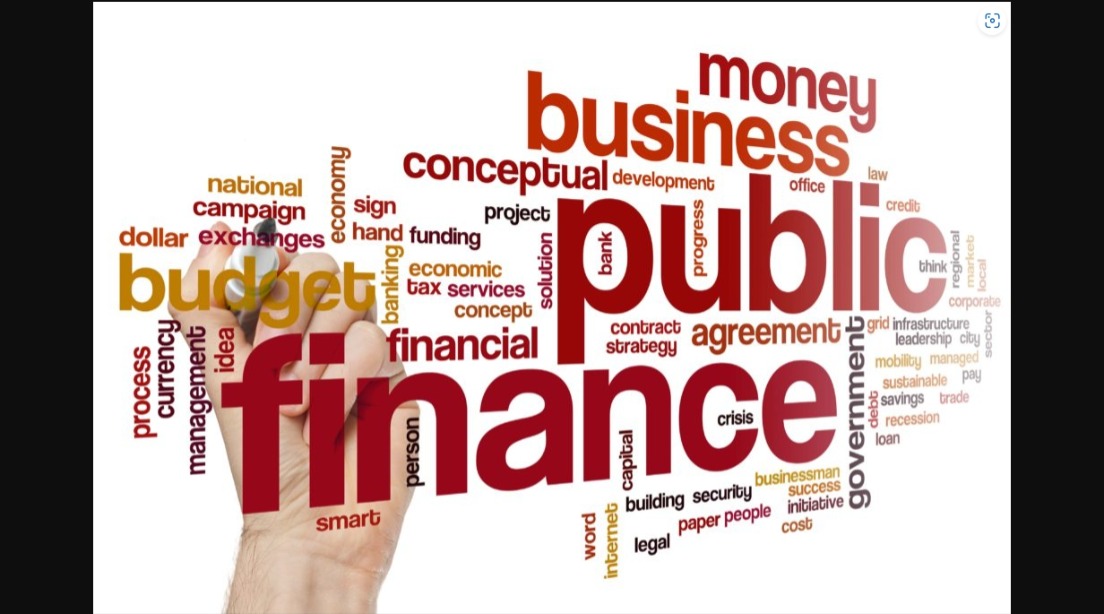In an unpredictable world, financial crises can strike without warning, disrupting personal finances, businesses, and entire economies. Whether you’re an individual trying to manage a sudden job loss, a small business owner facing an unexpected downturn, or a corporate executive steering a company through a market crash, effective financial crisis management is crucial. Here’s a comprehensive guide to help you navigate these turbulent waters.
1. Understand the Nature of the Crisis
Before you can effectively manage a financial crisis, it’s essential to understand its nature. Financial crises can stem from various sources, including:
- Economic Downturns: Recessions or depressions that affect income and employment.
- Market Crashes: Sudden declines in stock prices or other investments.
- Personal Emergencies: Unexpected expenses such as medical emergencies or job loss.
- Operational Disruptions: Issues affecting a business’s ability to function, like supply chain interruptions or technology failures.
Each type of crisis requires a tailored approach, so start by assessing the specific challenges you face.
2. Assess Your Financial Situation
A clear understanding of your current financial position is crucial. Take the following steps:
- Review Your Assets and Liabilities: List all assets (savings, investments, property) and liabilities (debts, loans).
- Evaluate Your Cash Flow: Analyze your income versus expenses to identify any shortfalls or surpluses.
- Identify Liquidity: Determine how much cash or liquid assets you have readily available.
This assessment will help you gauge the severity of the crisis and identify immediate needs.
3. Develop a Crisis Management Plan
With a clear picture of your financial situation, create a plan to navigate the crisis. Your plan should include:
- Immediate Actions: Prioritize actions that address urgent needs, such as securing emergency funds or negotiating payment extensions.
- Budget Adjustments: Reevaluate your budget to cut non-essential expenses and reallocate funds to critical areas.
- Debt Management: Explore options for managing or restructuring debt, such as negotiating with creditors or consolidating loans.
- Income Strategies: Identify potential sources of additional income, such as freelance work or selling unused assets.
A well-thought-out plan can help you stabilize your finances and set the stage for recovery.
4. Communicate Effectively
During a financial crisis, communication is key. Whether you’re managing personal finances or leading a business, clear communication helps in:
- With Family or Employees: Keep them informed about the situation and any changes in plans or expectations. Transparency builds trust and reduces uncertainty.
- With Creditors and Stakeholders: If you’re facing difficulties meeting financial obligations, proactively communicate with creditors or investors to negotiate terms or seek extensions.
Effective communication can foster support and collaboration, easing the impact of the crisis.
5. Seek Professional Advice
Navigating a financial crisis can be complex, and professional advice can provide valuable insights and strategies. Consider consulting:
- Financial Advisors: For personalized investment and financial planning advice.
- Accountants: For help with tax implications and managing financial records.
- Legal Experts: For advice on contracts, bankruptcy, or other legal matters.
Professional guidance can help you make informed decisions and avoid costly mistakes.
6. Focus on Long-Term Recovery
Once you’ve stabilized your immediate situation, shift your focus to long-term recovery:
- Rebuild Your Finances: Develop a strategy for rebuilding savings, paying down debt, and restoring your financial health.
- Strengthen Your Financial Resilience: Build an emergency fund and diversify income sources to better withstand future crises.
- Learn from the Experience: Analyze what led to the crisis and how your response could be improved. Use these lessons to enhance your financial planning and crisis management strategies.
Long-term recovery involves not just returning to your pre-crisis state but also strengthening your financial foundation for future stability.
7. Stay Informed and Adaptable
Financial environments are constantly changing. Stay informed about economic trends, market developments, and emerging risks. Adapt your strategies as necessary to address new challenges and opportunities.
Conclusion
Managing a financial crisis requires a combination of immediate action, strategic planning, and ongoing adaptation. By understanding the nature of the crisis, assessing your financial situation, developing a comprehensive plan, and seeking professional advice, you can navigate through challenging times and emerge stronger.
Remember, financial crises are a part of life, but how you respond can make all the difference. Equip yourself with knowledge, stay adaptable, and turn crises into opportunities for growth and resilience.
Feel free to tailor this guide to specific situations or industries as needed.



